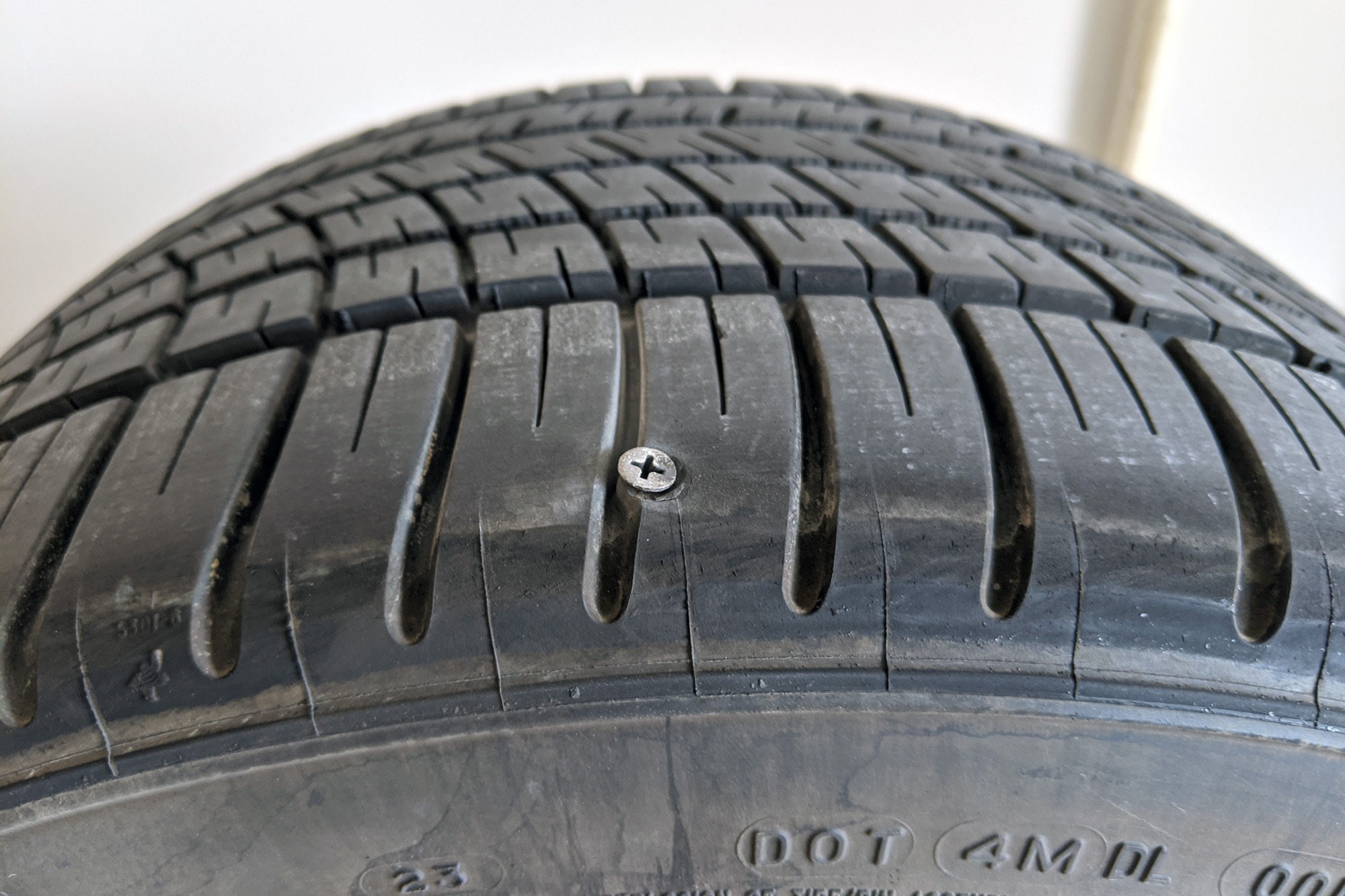Is Tire and Wheel Insurance Worth It?
This additional coverage may give you peace of mind or seem like a waste of money depending on where you live and drive.
 Aaron Miller/Capital One
Aaron Miller/Capital One
Your car’s tires and wheels take a lot of abuse. Nails, glass, potholes, curbs, and other hazards can cause enough damage to these elements to put your car out of commission — at least temporarily. Repairs can cost a pretty penny, so you may want to insure your car’s rolling gear — especially as traditional auto insurance or roadside-assistance policies tend not to cover wheels and tires. (The deductible on a comprehensive auto policy is often more than the cost to replace a tire.) Depending on the terms, tire and wheel insurance can cover the cost of repairs and replacement, as well as roadside assistance, trip interruption, and alternate transportation while your car is out of service.
How Much Does Tire and Wheel Insurance Cost?
Cost will vary depending on your location, vehicle, and the extent of coverage you're seeking. However, most insurance companies will charge between $60 and $90 per year for all-tire coverage, or from $10 to $30 per tire when buying replacements.
Most plans cover your tires for a predetermined amount of time, mileage, or dollar amount. For example, your policy may allow up to $5,000 worth of repairs, 60,000 miles of travel on a tire, or three years of use. It's important that you understand what is and is not covered, and if you have to pay a deductible. Many policies exclude wheel replacement, vehicle realignments, and claims for curb damage.
Where Can I Buy Tire and Wheel Insurance?
If you order a vehicle from the factory or purchase a vehicle off a lot, the involved dealership will likely offer you tire and wheel insurance during the finance discussion. You can also buy this kind of protection through roadside-assistance companies like AAA, your automotive insurance company, or at your local tire shop when you fit your vehicle with new tires.
Is Tire and Wheel Insurance Worth the Cost?
It depends on your personal circumstances and the ways you intend to use your vehicle. If you have a long daily commute over heavily pockmarked roads, then the cost of insurance could save you money in the long run. But if you live in an area with nicely paved roads (and without constant freeze-thaw cycles testing the limits of concrete), your risk of flattening a tire or bending a wheel is markedly lower, and insurance may not pay off for you.
Written by humans.
Edited by humans.
 Elizabeth Blackstock
Elizabeth BlackstockI’m Elizabeth Blackstock, and after growing up around the Detroit automotive industry, I’ve made it my life’s mission to make information about vehicles accessible for the average consumer. Whether you’re a hardcore auto enthusiast or someone looking for a practical machine for the daily commute, I’m here to help you make your most informed decision.
Related articles
View more related articles